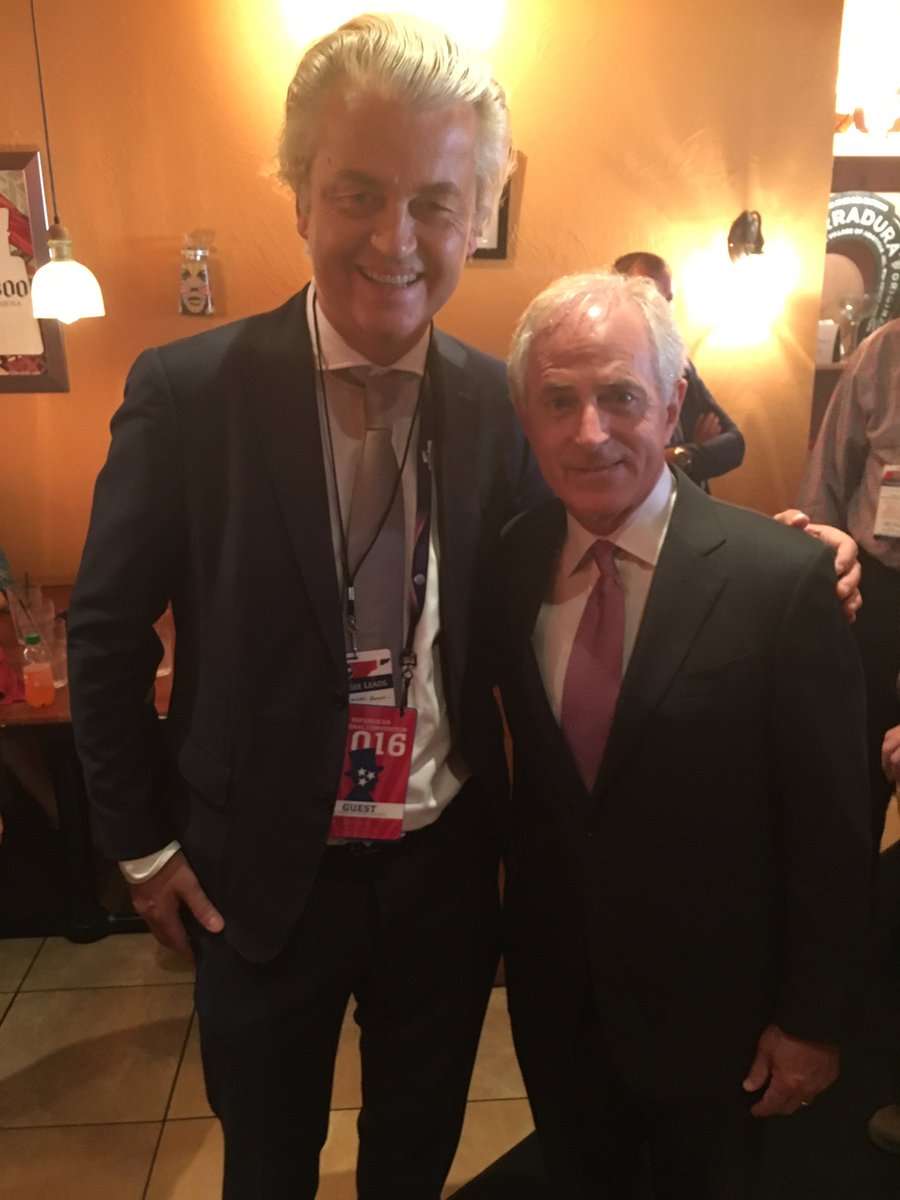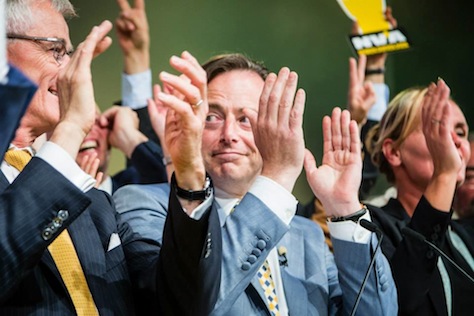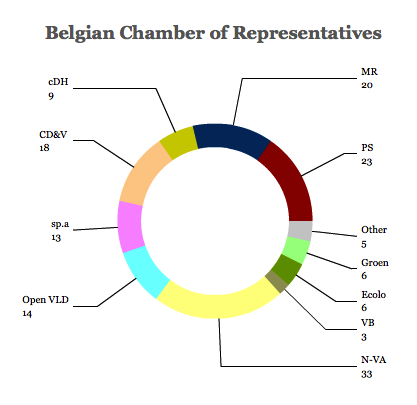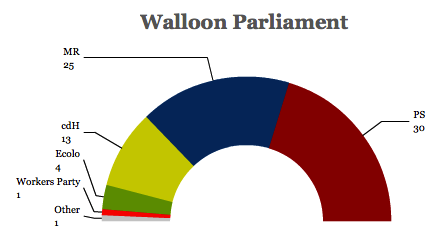
Europe, it’s safe to say, was focused on a lot of threats in the last month — a polarized British electorate that voted to leave the European Union, ongoing worries about the Italian banking sector, yet another terrorist attack in France, a failed military coup in Turkey.![]()
No one has spent much time considering the possibility that political instability could come to the Netherlands, a northern European country that was one of the six founding members of what is today the European Union.
As Americans and non-Americans alike turn to Cleveland to watch the unorthodox spectacle of Donald Trump’s formal coronation as the Republican Party’s presidential nominee, one of the Europeans in attendance hopes to become the next prime minister of The Netherlands. And he has reason for optimism. According to polls, Geert Wilders’s Partij voor de Vrijheid (PVV, Party for Freedom) could win the next Dutch election, which must take place before March 15.
If those polls hold, Wilders, who has been a fixture in Dutch politics for more than a decade, would win the election by a robust margin, dwarfing the more traditional center-right, liberal Volkspartij voor Vrijheid en Democratie (VVD, People’s Party for Freedom and Democracy) of prime minister Mark Rutte.
Wilders has enthusiastically embraced Trump at a time when nationalist populism is on the rise throughout the United States as well as Europe, tweeting out ‘Make The Netherlands Great Again’ to supporters earlier this spring. He’s arrived with a splash at the Republican National Convention, invited by the Tennessee delegation. As an outspoken critic of immigration, Islam and the European Union, Wilders hopes that he can finally break through to an election victory in March and perhaps, at long last, fulfill his dream of becoming prime minister.

Wilders inherited much of the support that Pim Fortuyn once commanded before the latter’s assassination in 2002. Wilders is known mostly for his outright rejection of Islam and his quest to terminate all immigration from Muslim-majority countries into the Netherlands. Though Wilders often denies links to other European far-right parties by pointing to his more liberal record on economic policy, he is clearly the Dutch analog to figures like Britain’s Nigel Farage and France’s Marine Le Pen. Wilders is currently on trial in the Netherlands for inciting hatred as a result of disparaging comments he made about the Dutch Moroccan minority, though he wears the legal dispute as a badge of honor — a politician willing to speak the truth about Muslims. For more than a decade, following the assassinations of Fortuyn and filmmaker Theo Van Gogh (the latter killed by a Dutch citizen of Moroccan descent in 2004), Wilders lives under strict protection from potential threats.
Continue reading As spring 2017 vote approaches, populist Wilders leading Dutch polls




